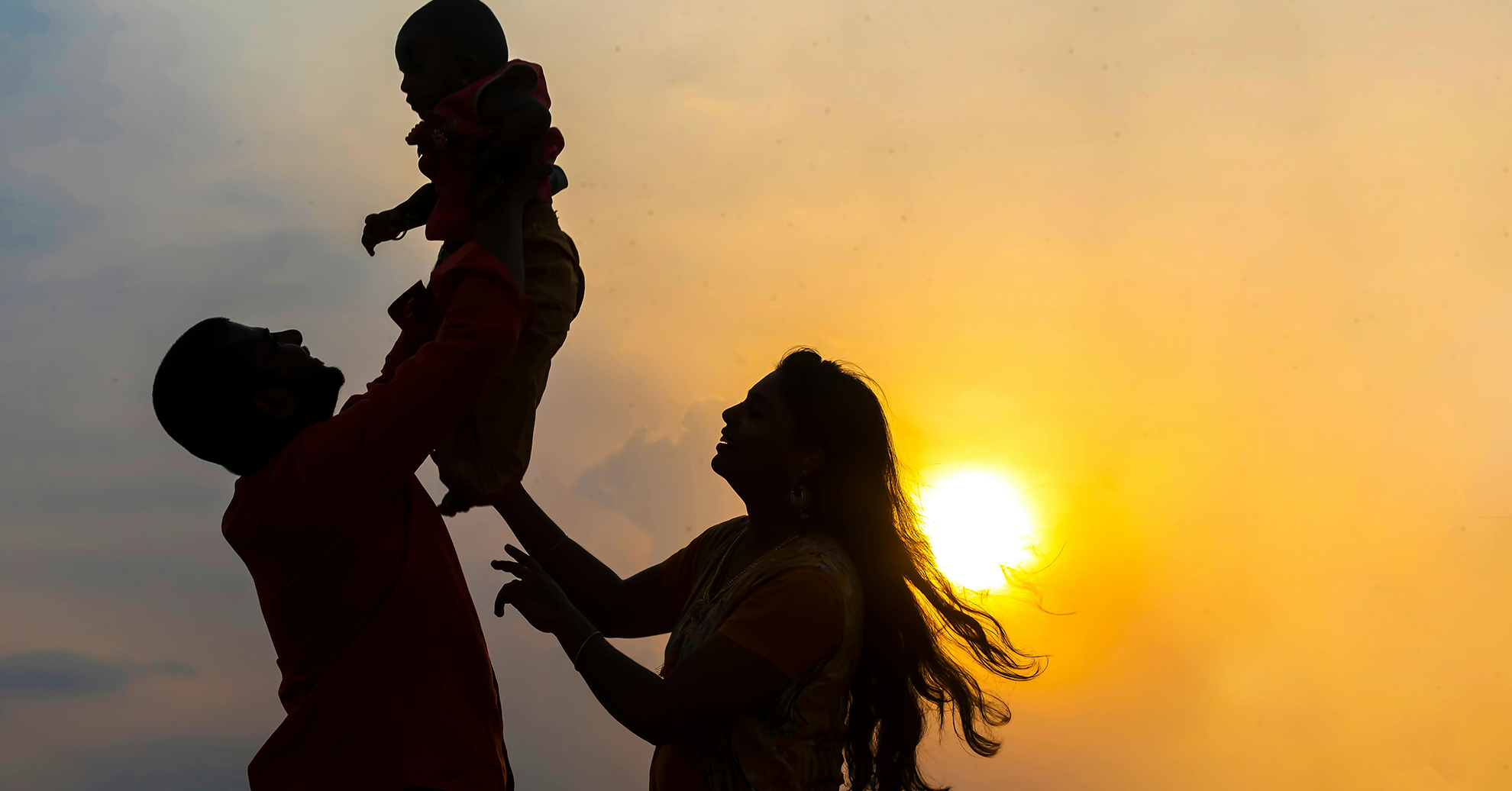Diwali, often referred to as the Festival of Lights, is one of the most celebrated and widely recognized festivals in the world. Rooted in Indian culture, this vibrant holiday is observed with joy, lights, fireworks, and prayers across the globe. But who exactly celebrates Diwali? While it originates from Hindu traditions, its appeal and significance extend far beyond a single religious or cultural group, making it a truly global celebration.
The Origins of Diwali
At its core, Diwali is a Hindu festival that commemorates the return of Lord Rama to Ayodhya after a 14-year exile and his victory over the demon king Ravana, symbolizing the triumph of good over evil. The celebration involves lighting oil lamps (diyas) to illuminate homes and cities, driving away darkness and welcoming prosperity. It’s traditionally a five-day event, with each day carrying its own religious significance.
Though deeply rooted in Hindu mythology, the meaning of Diwali has expanded to represent new beginnings, hope, and the triumph of light over darkness in a broader sense. This universality is part of why Diwali is celebrated by many people around the world, even outside of India.
Who Celebrates Diwali?
Hindus
Unsurprisingly, Diwali holds the most importance in Hindu culture. For Hindus, the festival is not just a time for lighting lamps and bursting fireworks, but also for honoring gods and goddesses. Lord Ganesha, the god of new beginnings, and Goddess Lakshmi, the goddess of wealth, are worshipped for prosperity and blessings for the year to come.
Different regions in India celebrate Diwali for varying reasons. In North India, it’s mostly about Lord Rama’s return to Ayodhya, while in Western India, it marks the day when Lord Vishnu sent the demon king Bali to rule the netherworld. In South India, it’s celebrated as the day Lord Krishna defeated the demon Narakasura.
Jains
For Jains, Diwali marks a significant moment in their religious history. It celebrates the day Lord Mahavira, the 24th and last Tirthankara of Jainism, attained Nirvana (spiritual enlightenment) in 527 B.C. Jains light lamps to signify the light of knowledge and to honor the moment when Lord Mahavira achieved liberation from the cycle of birth and rebirth.
Sikhs
Sikhs also observe Diwali, though their celebration is known as Bandi Chhor Divas. It marks the release of Guru Hargobind Ji, the sixth Sikh Guru, from imprisonment in 1619. He was freed from the Gwalior Fort, along with 52 other princes who were political prisoners. The return of the Guru is commemorated with lights and celebrations similar to those seen in Hindu Diwali.
Buddhists
In some Buddhist communities, particularly Newar Buddhists in Nepal, Diwali is celebrated as a time to worship the goddess Lakshmi and to seek her blessings for wealth and prosperity. It’s a lesser-known aspect of the festival but adds another layer to the question of “who celebrates Diwali?”
Diwali’s Global Reach
Thanks to Indian migration and the global appeal of Diwali’s themes, the festival is celebrated far beyond India’s borders. Large-scale celebrations occur in countries with significant Indian populations, including the UK, the USA, Canada, Malaysia, Singapore, and South Africa.
In the United Kingdom
The UK has a considerable Hindu population, and Diwali is a major festival there. Leicester’s Diwali celebrations are particularly famous, often touted as the largest Diwali festivities outside of India. Thousands gather in the city to watch the illumination of the Golden Mile, a famous street that lights up with lamps and fireworks every year. It’s a time of community gathering, sharing food, and cultural performances.
In the United States
The growing Indian diaspora in the United States has made Diwali a well-known festival, especially in cities like New York, San Francisco, and Chicago. In recent years, major American landmarks such as the Empire State Building and the White House have been lit up in honor of Diwali. The celebration has been embraced by non-Indians as well, as a time to experience Indian culture and participate in festivities like fireworks displays and traditional Diwali meals.
In the Caribbean
Countries like Trinidad and Tobago, Guyana, and Suriname, with large populations of people of Indian descent, celebrate Diwali as a national holiday. The Caribbean Diwali is marked by the same joyous traditions of lighting diyas, sharing sweets, and coming together as a community. The festival highlights the strong cultural ties that bind these nations to their Indian heritage.
Somrus: The Official Drink of Diwali
As Diwali becomes an increasingly global celebration, so too do the flavors that accompany it. Somrus Chai Rum Cream, inspired by the traditional spices of India, is the perfect way to elevate your Diwali experience. Its warming blend of cinnamon, cardamom, and rich Caribbean rum complements the festive foods and sweets traditionally enjoyed during the festival. Whether you’re celebrating at home or gathering with friends and family, Somrus Chai adds a touch of indulgence and adventure to your Diwali festivities.
For those looking for something fruity, Somrus Mango Rum Cream offers a tropical twist, pairing perfectly with Diwali desserts. And coffee lovers can enjoy Somrus Coffee Rum Cream, a rich and creamy treat for late-night Diwali celebrations.
SOMRUS is the official drink of Diwali, bringing the exotic escape of the festival to life with every sip. Wherever you are, let Somrus transport you to the heart of the celebration.
WRAPPING UP…
Diwali is a festival that transcends cultures, religions, and borders, making it one of the most widely celebrated holidays in the world. From Hindus in India to Sikhs, Jains, Buddhists, and people from all walks of life, Diwali is a time to celebrate light, joy, and the triumph of good over evil. So, as Diwali 2024 approaches, gather your loved ones, light the diyas, and raise a glass of Somrus to the spirit of adventure and celebration.
